Topic" From Taiwanese Women's Literature Research to Gender Literature Discourse: The Cross-Century Revolutionary Code "Gender Island Reading"
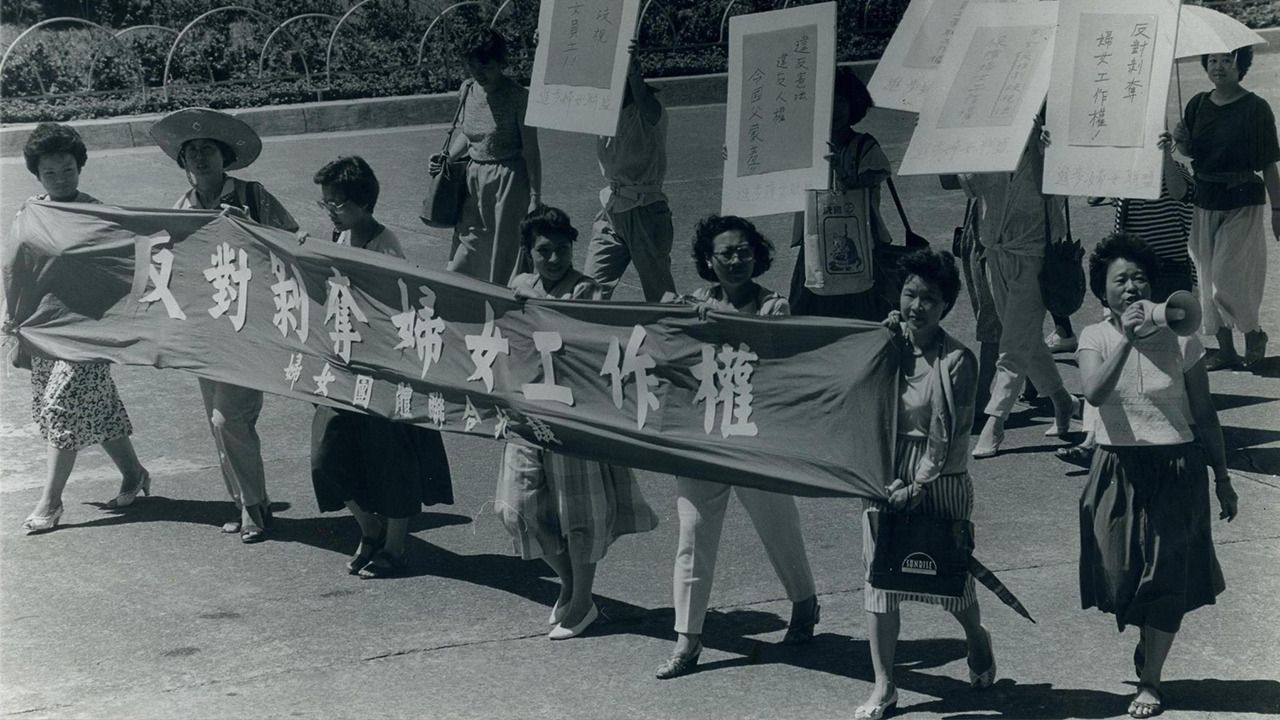
Author| Qiu Guifen (Chair Professor, Institute of Taiwan Literature and Transnational Culture, Chung Hsing University)
"Gender Island Reading: The Cross-Century Revolutionary Code of Taiwan's Gender Literature" edited by Professor Wang Yuting is obviously a research work with its own historical perspective. Beginning with Taiwanese folklore of female ghosts and aboriginal witch culture and traditions, going through various literary eras during the Japanese occupation period and post-war period, it came to the writing of gender in Taiwan at the beginning of the 21st century. Since the authors of the chapters are mainly middle-aged and middle-aged Taiwanese literature researchers, their topics and discourse tendencies indicate the direction of gender issues in the field of Taiwanese literature research in the early 21st century. A major contribution of this book is to give readers a glimpse into how this generation of researchers approached Taiwanese literature from a gender perspective.
Looking back at the historical development of gender literary criticism in Taiwan, its predecessor should be the Taiwanese female literary criticism that took root in the Taiwan Academy in the 1990s. Prior to this, not only was the concept of "Taiwanese literature" not regarded as an academic research concept, but also Taiwanese women's literary criticism with rigorous research methods did not exist.
In the 1990s, Taiwanese women's literary criticism established a set of research methods on the one hand, and on the other hand, began to review the development of women's literature in Taiwan, and constructed historical views and literary traditions. Li Yuanzhen, Fan Mingru, Liu Liangya, Lin Fangmei, Yang Cui, Zhang Songsheng, Ying Fenghuang, Jiang Baochai, Mei Jialing and I all participated in this history. On the other hand, Zhang Xiaohong in the field of foreign literature has opened a path for Taiwanese gay literature discourse with the theory of gender transgression.
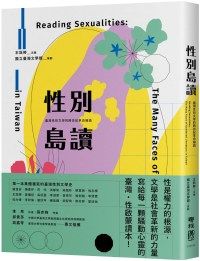
The publication of "Gender Island Reading" represents that this literary criticism tradition not only has its successors, but also from the arrangement of the editor-in-chief Professor Wang Yuting's book structure, as well as the topics discussed by the chapter authors and the selected materials, readers can see the different concerns of scholars of this generation. As well as their ways and thinking in dialogue with the new century society. This book witnesses a subtle shift in literary criticism from feminist literary criticism to gender literary studies.
As a researcher who went through the period of Taiwanese women's literary criticism in the 1990s, I noticed several features of Gender Island Reading.
First, the richness of genres. In the period of Taiwanese women's literary criticism, the research results that are regarded as literary fiction are the most abundant. Lin Fangmei's interpretation of Qiong Yao's and Li Yuanzhen's female poetics is one of the few outstanding works in other genre studies. The author in "Gender Island Reading" combines folklore (such as Xie Yian and Chen Yanding's chapters on Taiwanese ghosts), aboriginal oral culture and customs (such as Badai's talk about the Puinan witch culture), diary letters (such as Hong Yuru's discussion of the Japanese occupation period) Women write performance chapters), popular novels (such as Gao Yuchang's "Small Column" about Guo Lianghui's "Heart Lock"), and literary adaptations (such as Xie Xinqin's stage play and film and TV adaptation of Chen Yuhui's "Marriage Notice") are all included in the field of vision.
Poetry studies also hold a certain weight (eg, chapters by Li Guiyun and Yang Jiaxian). On the one hand, this enriches the vision of literature and cross-border connections, and on the other hand, it also renews the question: "What is literature?" The method reflects the new situation faced by writers in the 21st century under the “democratization” (hence the rising status of “popular literature”), the impact of modern multimedia technology (such as movies, TV dramas, etc.), and related researches. This generation of scholars has more concerns about genres and media.
In addition, due to the emphasis on women's "subjectivity", women's own "voice", and women's "own literary tradition" during the period of feminist literary criticism, the participation of male scholars was very small. The upside is that the discourse of female scholars has gradually become a force to be reckoned with in the academy, but the participation of male scholars has been awkward and difficult to stretch. Just as Taiwan studies have only Taiwan scholars, or aboriginal studies have only aboriginal scholars, if things go on like this, it will be detrimental to its development.
Although the authors of "Gender Island Reading" still account for the majority of female scholars, there are also several male scholars and writers participating in the event, which is a gratifying phenomenon. Perhaps replacing "female" with "gender" has opened up a space for cooperation across gender barriers?
Third, because the structure of this book also adopts the structure method of narrating and dating the history of Taiwanese literature, as a researcher who has been concerned about the history of Taiwanese literature for many years, I also found that there are several points worth noting about the historical view implied in this book.
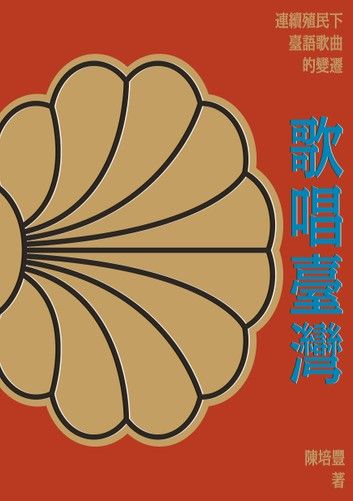
How to understand and discuss the Japanese occupation period is an important topic in the study of Taiwanese literature (and the history of Taiwanese literature). The chapter of this book during the Japanese occupation period is titled "Modern New Women", which is in line with Yang Cui's important Taiwanese women's study "Taiwan Women's Liberation Movement during the Japanese Occupation Period: Taking the "Taiwan People's Daily" as the Field of Analysis (1920-1932)" (1993) and Chen Peifeng's "Singing Taiwan: The Changes of Taiwanese Songs under Continuous Colonization" (2021), which uses gender metaphors as the axis of discussion, are quite different from the tragic colonial women, which reflect another kind of Taiwanese attitude towards Japanese rule Taiwan after the 21st century. method of discussion.
The reason why the interpretation angle and the sketched image are different needs to go back to history to discuss. History is never just about the past, but about the present and the future. How to narrate Taiwan's past, which materials to choose, and what position and viewpoint to narrate are the focus of history.
Finally, it is worth mentioning the social issues that this book’s gender studies have linked. One of my experiences in researching documentaries: Taiwan in the 1980s should be regarded as equivalent to the social movement era of the 1960s in the West. At that time, various social movements were flourishing in Taiwan, including political movements, peasant movements, environmental protection, aboriginal, labor, niche media, etc. Of course, women's movements were also included. At that time, the street protests were fierce, with tens of thousands of people taking to the streets to demonstrate almost every day. This force for social reform later led to the lifting of the martial law in Taiwan in 1987.
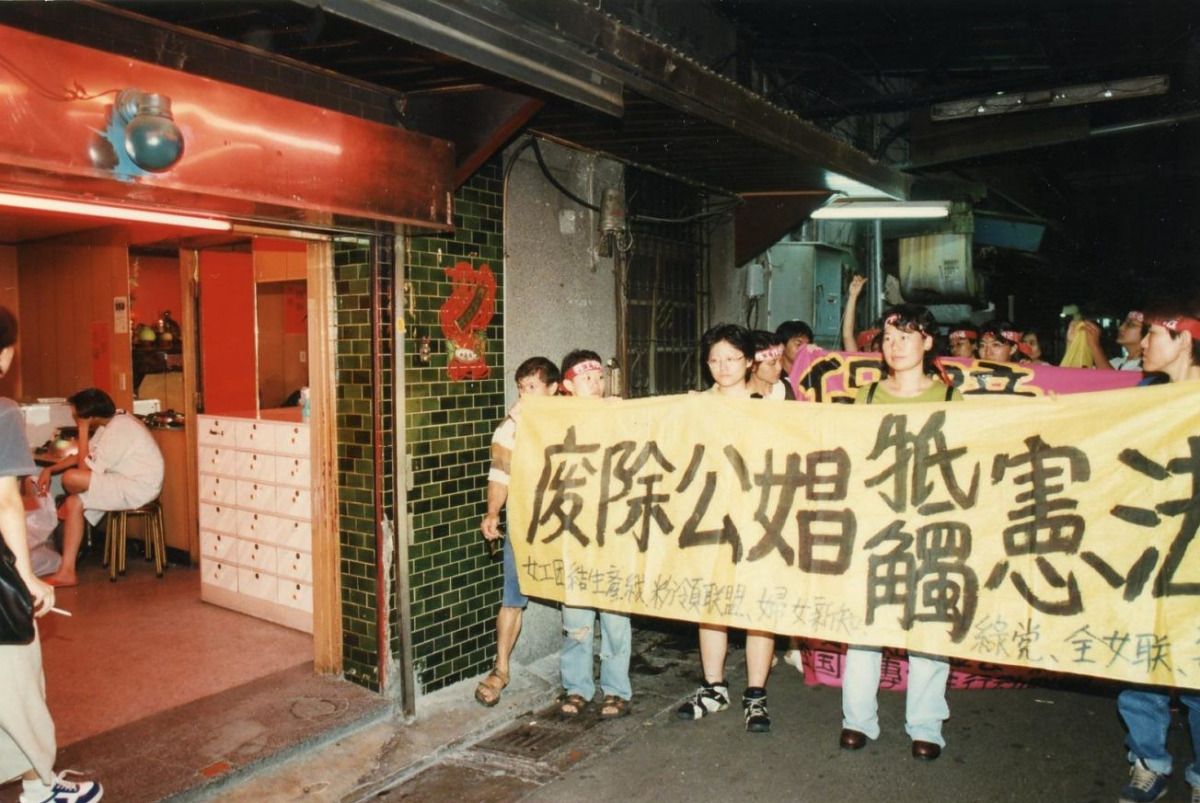
The lifting of the martial law started the project of reorganizing the historical narrative of Taiwan. The memory of the Japanese occupation, the memory of February 28, the memory of the White Terror, and other folk memories that were silenced during the martial law period were excavated and brought to the table for discussion. The literary criticism of our generation was closely linked to the social movements that were in full swing in Taiwan at the time. However, with the lifting of the press ban and the development of television media, the ecology of Taiwan's public sphere discourse has changed dramatically, and the role of literature as the vanguard of Taiwan's thought has gradually diminished.
The social issues that this book reflects on gendered literature are obviously very different from those of the previous generation. The erotic discourse can be deep or narrow, wide or narrow. Ji Dawei's chapter discusses the disease and the thinking of "people" involved in the discourse on comradeship and AIDS, demonstrating the pioneering and infinite potential of this generation's gender literature research.
Why is a woman "human"? How can a person whose gender cross the line be a "human"? As for the research discourse from "women" to "gender", how to develop the space of "people"? This is perhaps the most noteworthy contribution of women's literary criticism and gender literary criticism! ●( The original text was first published on the OPENBOOK official website on 2021-10-01)
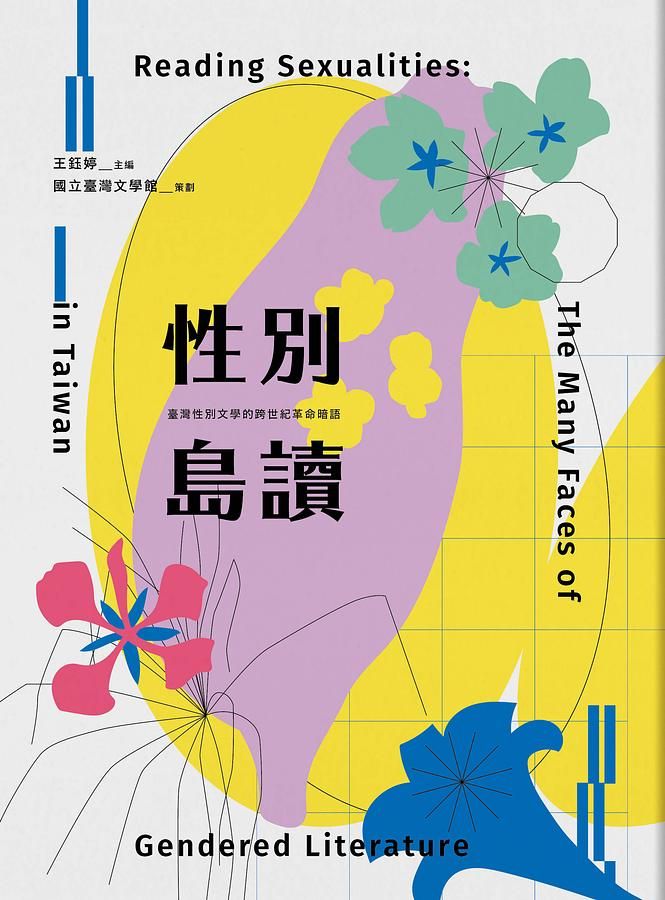
Gender Island Reading: The Cross-Century Revolutionary Code of Taiwanese Gender Literature
Reading Sexualities: The Many Faces of Gendered Literature in Taiwan
Editor: Wang Yuting Publishing: Lianjing Publishing
Editor's Profile Wang Yuting <br class="smart">Ph.D., Department of Taiwan Literature, National Cheng Kung University, and is currently a professor at the Institute of Taiwan Literature, Tsinghua University. His research fields are post-war women's literature in Taiwan, prose studies, and cultural exchanges between Taiwan and Hong Kong. She is the author of "Female Chorus: The Rise of Taiwanese Female Writers after the War" and "Body, Gender, Politics and History".
Introduction to the planning unitThe National Museum of Taiwan Literature <br class="smart">The development of Taiwanese literature, from the early aborigines, Jose, Zheng, Qing, Japanese occupation, post-war, generation changes, ethnic blending, accumulated a large number of literary works , bred rich and diverse connotations. The National Museum of Taiwan Literature is the first national-level literature museum in my country. In addition to the functions of collection, preservation and research, it will also bring literature closer to the public and promote cultural development through exhibitions, activities, promotion and education.
Like my work? Don't forget to support and clap, let me know that you are with me on the road of creation. Keep this enthusiasm together!

- Author
- More